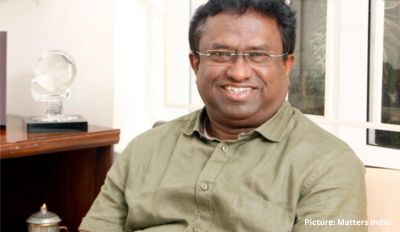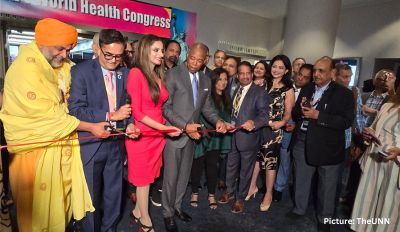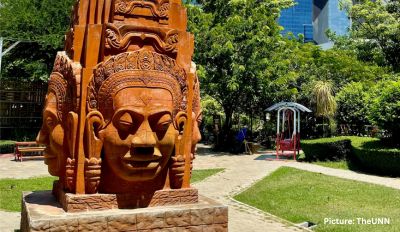The Supreme Court emphasized the paramount importance of life and liberty during a hearing regarding Delhi Chief Minister Arvind Kejriwal’s challenge against his arrest by the Enforcement Directorate (ED) in a money laundering case related to the alleged Delhi excise policy scam. Justices Sanjiv Khanna and Dipankar Datta directed the central agency to delve into the timing of Kejriwal’s arrest, particularly concerning the ongoing Lok Sabha elections. The bench adjourned the matter till May 3.
Senior advocate Abhishek Manu Singhvi argued during the proceedings that the ED had not recovered any “proceeds of crime” and emphasized the high threshold for arrest under the Prevention of Money Laundering Act, 2002 (PMLA). He asserted that mere non-cooperation should not warrant Kejriwal’s incarceration.
In response, the ED contended in its affidavit before the Supreme Court that arresting politicians who are involved in criminal activities does not impede free and fair elections.
Meanwhile, the Delhi High Court stated on Monday that Kejriwal’s decision to continue as Chief Minister despite his arrest was his personal choice. However, the court emphasized that this should not obstruct the provision of free textbooks, writing material, and uniforms to underprivileged school children.
The Delhi High Court had previously ruled on April 9 that there was no illegality in Kejriwal’s arrest by the ED, citing sufficient evidence including statements from approvers, involvement of middlemen, and indications of cash exchanges for the 2022 Goa elections.
Currently, Kejriwal is in judicial custody at Tihar jail in New Delhi, with his detention extended until May 7 by a Delhi court on April 23.
During the hearing, the Supreme Court delved into various aspects of the case. Justice Khanna raised concerns about the timing of Kejriwal’s arrest, particularly in the context of ongoing elections, highlighting the significance of life and liberty. Singhvi, representing Kejriwal, referred to safeguards outlined in the PMLA against vexatious arrests and the lack of proceeds of crime recovered by the ED.
Singhvi also highlighted discrepancies in the statements of approvers and witnesses, arguing that they were hearsay and lacked direct evidence against Kejriwal. He pointed out instances where bail was granted to co-accused after they made incriminating statements against Kejriwal, suggesting coercion.
Additionally, Singhvi emphasized the subjective evaluation criteria for arrest under Section 19 of the PMLA, asserting that it requires the probe officer to have a reason to believe in the accused’s guilt, not just suspicion.
The Supreme Court will resume hearing the matter on May 3, as the legal battle surrounding Kejriwal’s arrest continues amidst political and legal intricacies.











